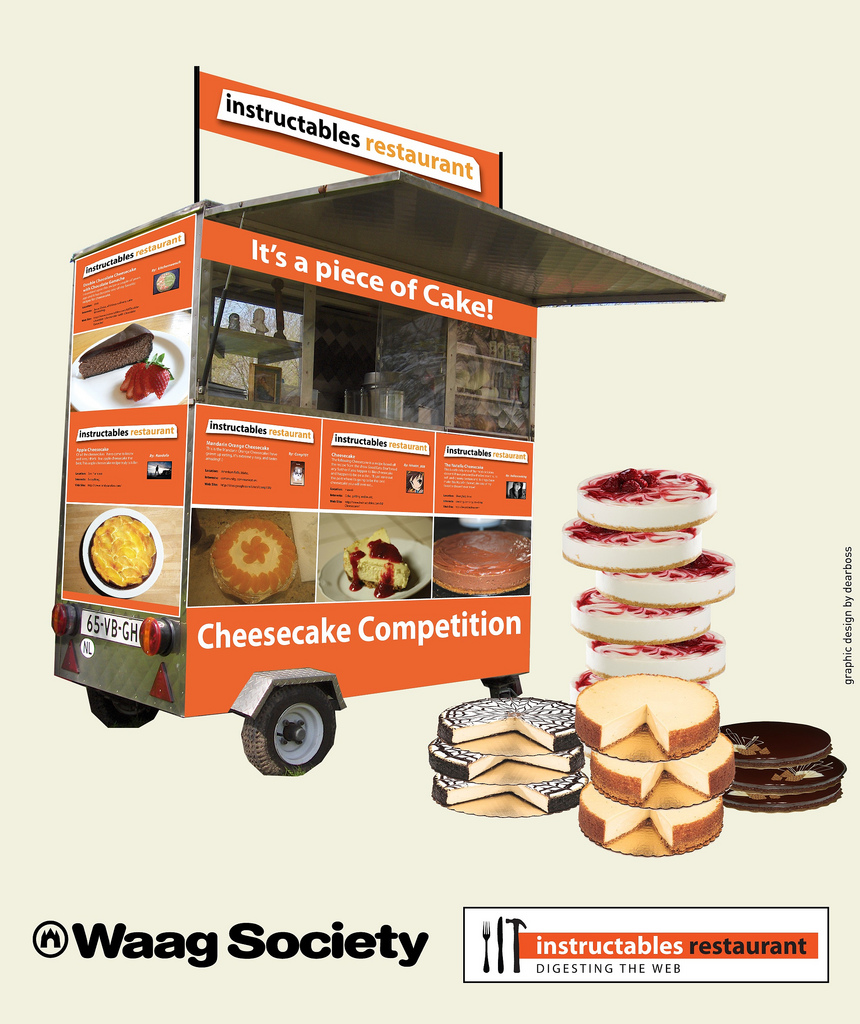The last day of the FAB6 conference happens to be the day before this years’ Earth Overshoot Day. This day marks an unfortunate milestone: the day of the year when humanity has used up all the resources our planet produces in one calendar year. Put simple: it marks the day we’ve cut more trees than grow back in one year, and caught more fish than are born in one year. This is what we call overshoot. While this can be done for some time, overshoot ultimately leads to the depletion of resources on which our existence depends.
Overhoot Day is on an earlier date each and every year, and a group of concerned citizens started throwing a New Year’s Eve party last year to mark the moment when we cross the line. And to express our resolution to making the party be on a later date next year. The Fab Labs can play an important role in the development of new technology that contributes to a sustainable lifestyle. Therefore we would like to invite all participants of the FAB6 conference to this party. We also call on all Fab Labs around the globe to join, organize their own local party and hook up through the polycom.
More information and programme details can be found at www.overshootparty.org.
The Overshoot Party is organized by the Partij voor de Planten in colaboration with the Global Footprint Network and the Amersfoort Fab Lab.
